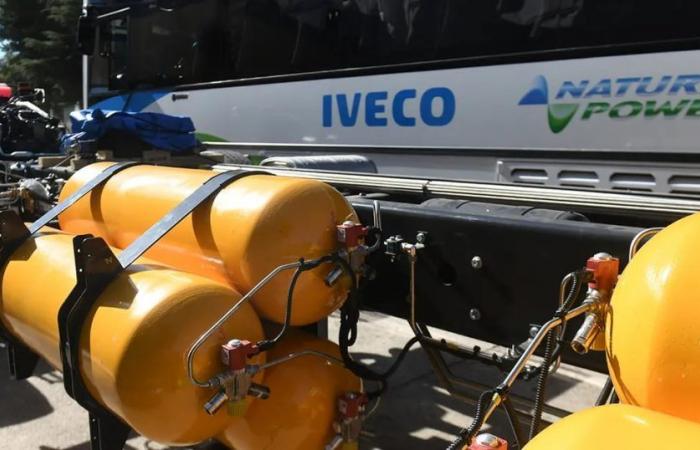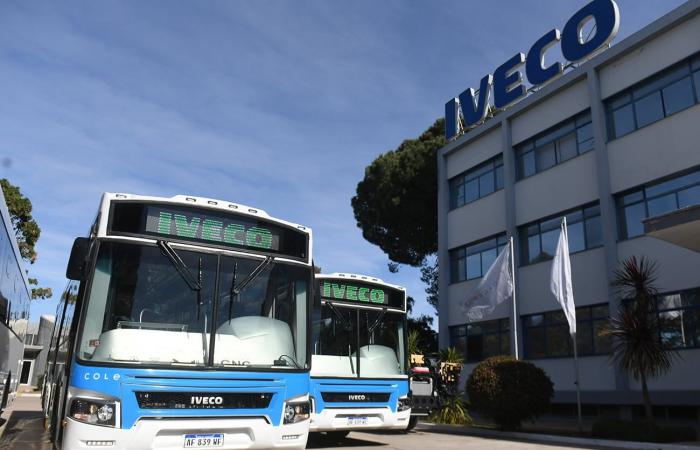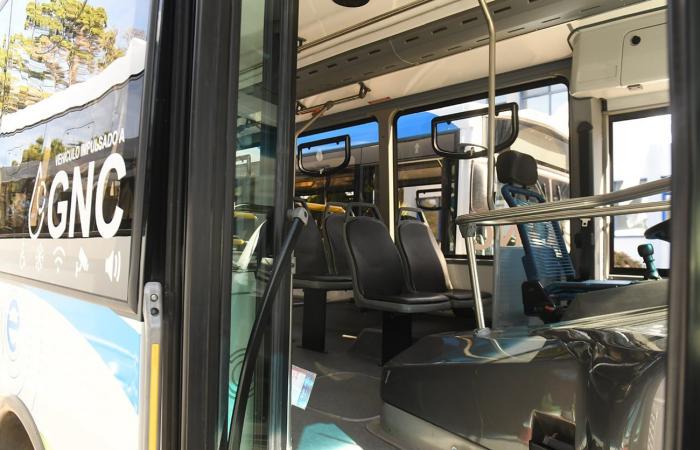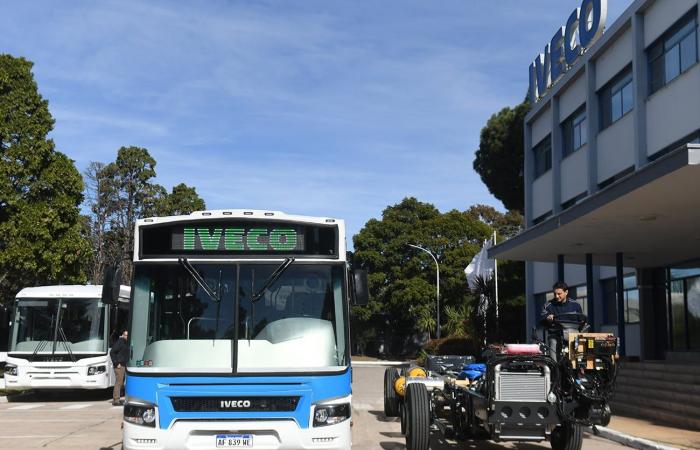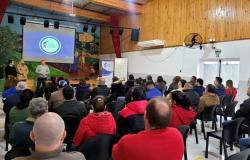Days ago, it was learned that the Municipality of Córdoba will buy 20 urban passenger transport buses for the state company Tamse, with the news that they will be powered by compressed natural gas (CNG).
They are Iveco brand buses, whose chassis are manufactured in the southeastern area of the city of Córdoba, in the Ferreyra neighborhood. The engine is also Iveco and is practically the same one that equips the Tector model trucks that run on CNG, and which already have an interesting history in the market.
As reported by Iveco, it is an engine that is not hybrid: it is not a gasoline engine adapted to natural gas, but rather it is designed to operate entirely with that fuel, considered much more environmentally friendly than the diesel with which they operate. the buses.
The thing is that CNG is composed almost entirely of methane, with a low presence of nitrogen and hydrocarbons, according to the state oil company YPF.
Therefore, when it burns, it releases mainly carbon dioxide and water, and just a little nitrogen oxide and soot.
In the case of Iveco buses, they weigh 17 tons and the development of the use of CNG was carried out by Iveco Córdoba engineers.
The chassis is equipped with nine 80-liter tubes, which gives it a range of 300 kilometers. The charging time is less than 30 minutes, and Tamse will adapt its own service station located in the eastern part of the city with fast charging peaks to supply these units.
Regarding the price of each unit, the Municipality talks about a cost that is around US$200 thousand. Similar to what a diesel car costs.
From Iveco they explained that they work with the chassis, and that then the marketing is carried out through the specialized network.
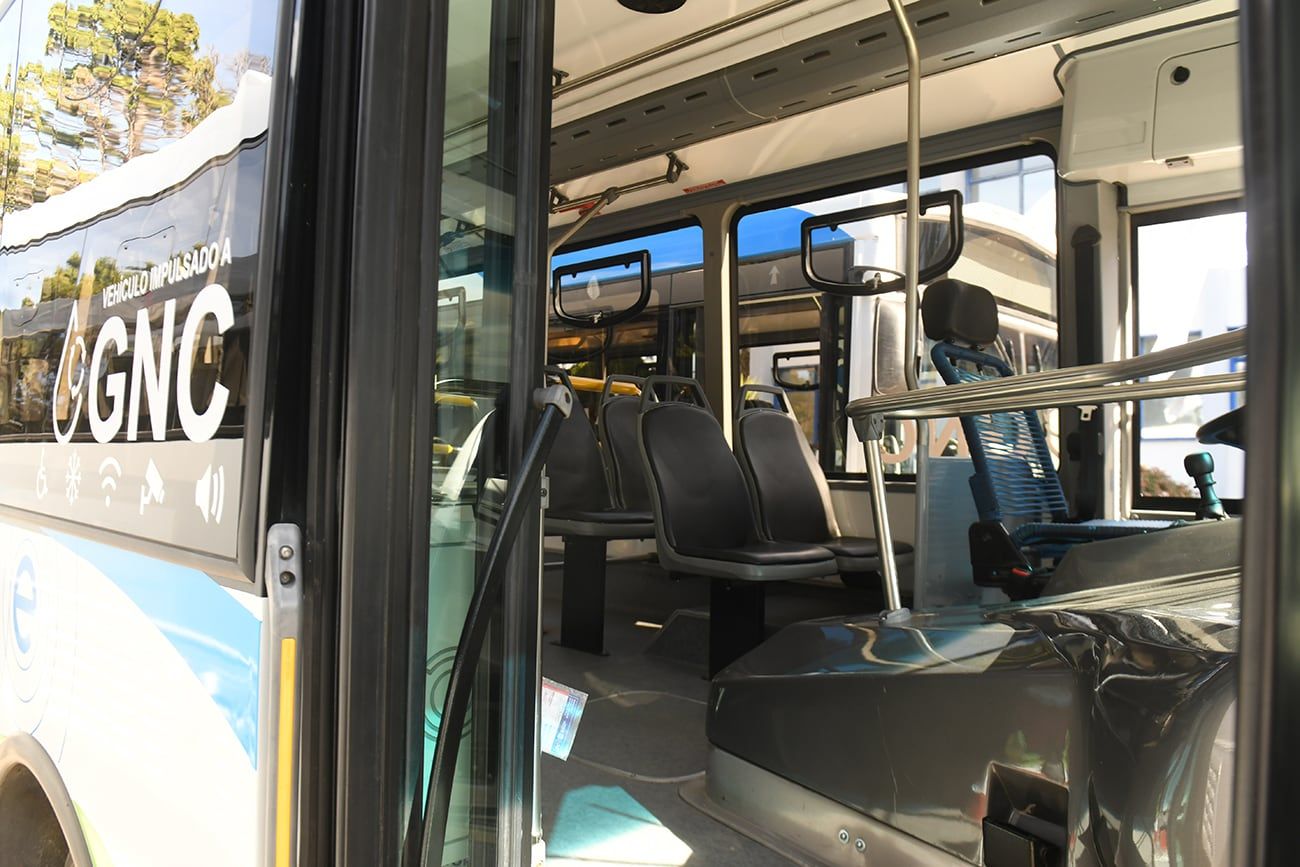
Meanwhile, the equipment that transforms the chassis into a bus for transporting people is carried out by a coachbuilder. “The final price of a bus in question may vary based on various factors, such as the type of bodywork, configurations and technical specifications, additional components and particular needs of each client,” the firm stated.
And they added: “This affects both the configuration and manufacturing of the chassis (something that our commercial specialists work on together with the engineering department of our factory in Córdoba) and the bodywork, a task carried out by a specialist in the subject such as Italbus. . We could say that each project is unique and adjusts to the specific requirements of each transport operator.”
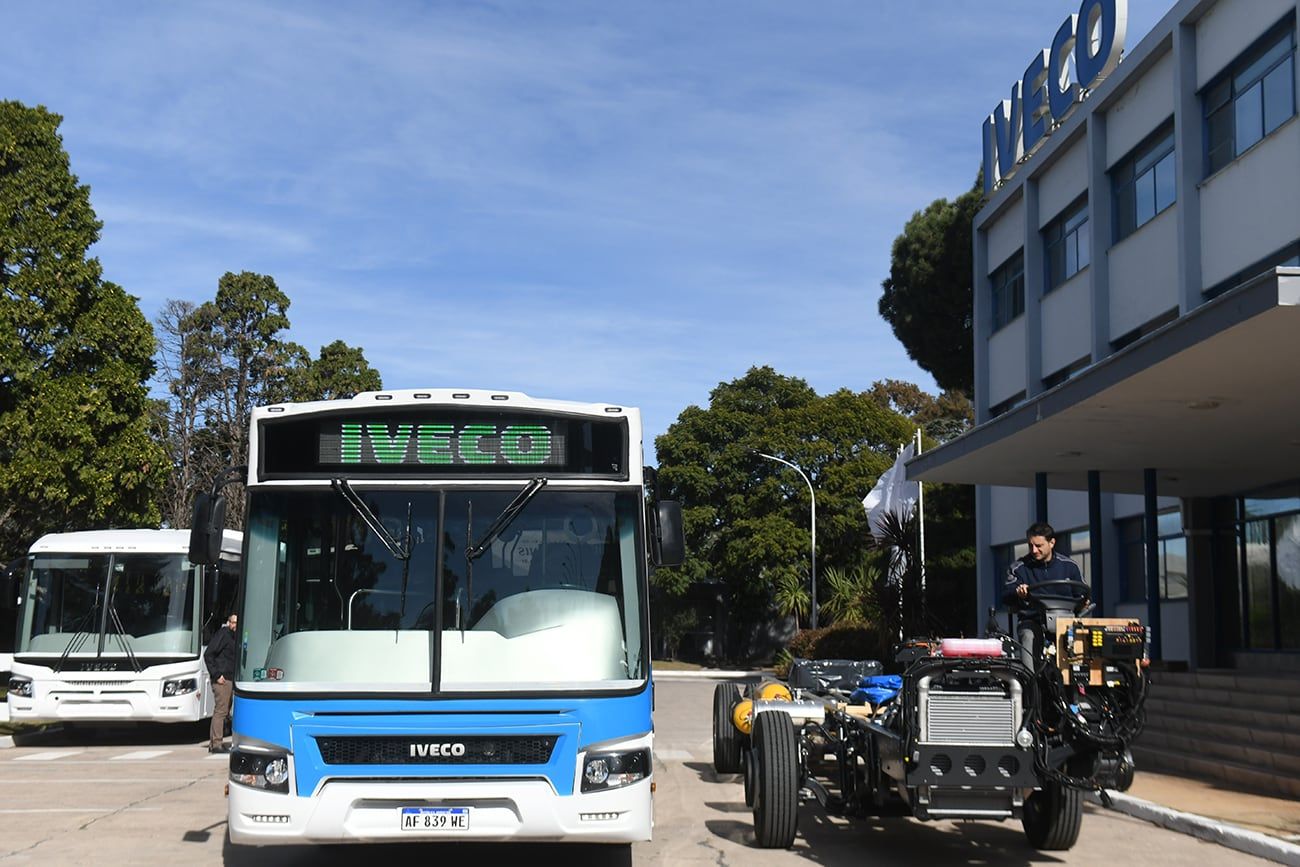
However, they stressed that beyond the costs of the new unit, it must be considered that a CNG vehicle has a total cost of ownership (TCO) that is 20% lower than the diesel version and that a large part of This saving is due to savings in fuel, which is around 50%.
Where CNG buses will operate
The Municipality will buy 20 units. They will provide service on Tamse’s “green lines”: these are the routes covered by trolleybuses, which run on electric power.
The 20 new units are expected to be ready in the first days of July. Daniel Passerini’s administration wants to reinforce the provision of lines A, B and C, which have high user acceptance, but which have not received new units for seven years, when seven Russian trolleybuses arrived.

